If there’s one thing the French are proud of, it’s their language. Lilting and throaty at the same time, many people find it beautiful yet impossible to understand or pronounce. As a result, many visitors to Paris immediately begin in English when addressing French people, which can come off rather rude, especially if the French person is not very confident in their English. Therefore, it’s important to have some essential French phrases in your arsenal before making your way to Paris, if only to initially address people in French. Here are some of these important words and phrases, as well as a few tips on how to ensure the French react positively to you and your politesse à la française (French politeness).
Essential French Phrases for Paris
Greetings
For the French, greetings are THE essential French phrases. Not for the same reasons as they are in other languages, but because they’re a sign of politeness. In many other countries like the US, you can walk into a store without necessarily saying “hello” to the staff, or thanking them on the way out. In fact, yelling “thank you!” at someone might be seen as rude. In France however, not doing it is the big faux pas. Here are the key greetings to know and when to use them:
Bonjour (bohn-jour)- Hello: Directly translating to “good day”, this word is one of the most imperative to use in nearly any situation in Paris. Doormen, shop workers, waiters, even the people you might pass in the hallway of your Paris Perfect apartment building will greet you with “bonjour” and expect you to greet them back. If you walk up to anyone and just start speaking without saying bonjour, they will often look at you horrified, wait till you’ve finished speaking, then very directly say “bonjour” and wait for you to say it back before addressing anything else you’ve said. It’s the be-all-end-all for French politeness! And don’t forget to pronouce the r as softly as you can- it’s a very throaty sound.
Bonsoir (bohn-swahr)- Good evening: The same thing as bonjour, but used after 6pm. The rule of thumb here is to respond to the person however they addressed you, even if it’s later. If they say bonjour, say bonjour back.
Merci– Thank you: Almost as important as bonjour, it’s important to say thank you even when just leaving a shop, even if the person working there didn’t help you while you were browsing. Politeness is held to a very high standard in France. Saying “thank you” on your way out of an establishment is often paired with…
Au revoir (oh-r’voir)- Goodbye: You’ll hear “merci, au revoir” whenever leaving somewhere, and it’s polite to say it back. This is the standard goodbye, but you may also hear “bonne journée” or “bonne soirée“, which mean “have a good day/evening!” Just avoid using “adieu“, which is a more permanent goodbye (as in you’re never going to see that person again) and has a bit of a morbid connotation.
S’il vous plait (see-voo-play)- Please: Whenever asking for someone’s help, it’s important to say “please”. The manners you learned as a child will come back to you full force while in Paris! If you’re going to ask a question to a French person in English, you’ll win major brownie points by starting your sentence with “S’il vous plait, can you please help me find X?”
Finding Things
After the greetings, the next most essential French phrases you might need to know are those that allow you to ask where things are, such as the Métro, a monument, a restaurant, etc.
“Où est le __ ?” / “Où sont les __ ?”– (ooh ay luh / ooh sohn lay )- Where is the/Where are the __?
Some examples of this phrase that might be useful are: “Où sont les toilettes?” (Where are the toilets?) “Où est le métro?” (Where is the metro?) “Où est le restaurant __ ?” (Where is the restaurant [name]?)
An easier way to get someone to point you in the right direction is to ask “__, c’est dans quel sens?” (__, say dawn kel sahns?) This translates more directly to “[name of place you’re looking for], what direction is it in?”, which is often a more simple answer than asking “where is”. The person can just point in the direction you want to go.
Ordering Food
If you took French in school, you may have learned to ask “je voudrais” (I would like) when ordering in a restaurant. However, most people don’t actually say this anymore. You can either say “je veux prendre” (zhe vuh prahndr), which means “I want to have”, or simply just say what you would like to order, followed by a “s’il vous plaît” and a charming smile. This is how most Parisians order–followed by a “merci” of course!
Running Into People
There are two words important to know in Paris when it comes to saying “excuse me”: “pardon” (pahr-dohn) and “excusez-moi“. Pardon is best used when needing to push by someone in an aisle at a store, or squeezing into a spot on the metro if you push them a little too hard. Excusez-moi, depending on the tone of voice, can be a more forceful way of getting someone to move out of the way (said loudly when you’re trying to get off the Métro and the guy in front of you won’t move to let you off), or a more sincere way of saying excuse me (you’ve stepped on someone’s foot while getting into your table in a small restaurant).
Excusez-moi can also be used when asking for help in a store, but must always be followed up with bonjour before asking your question.
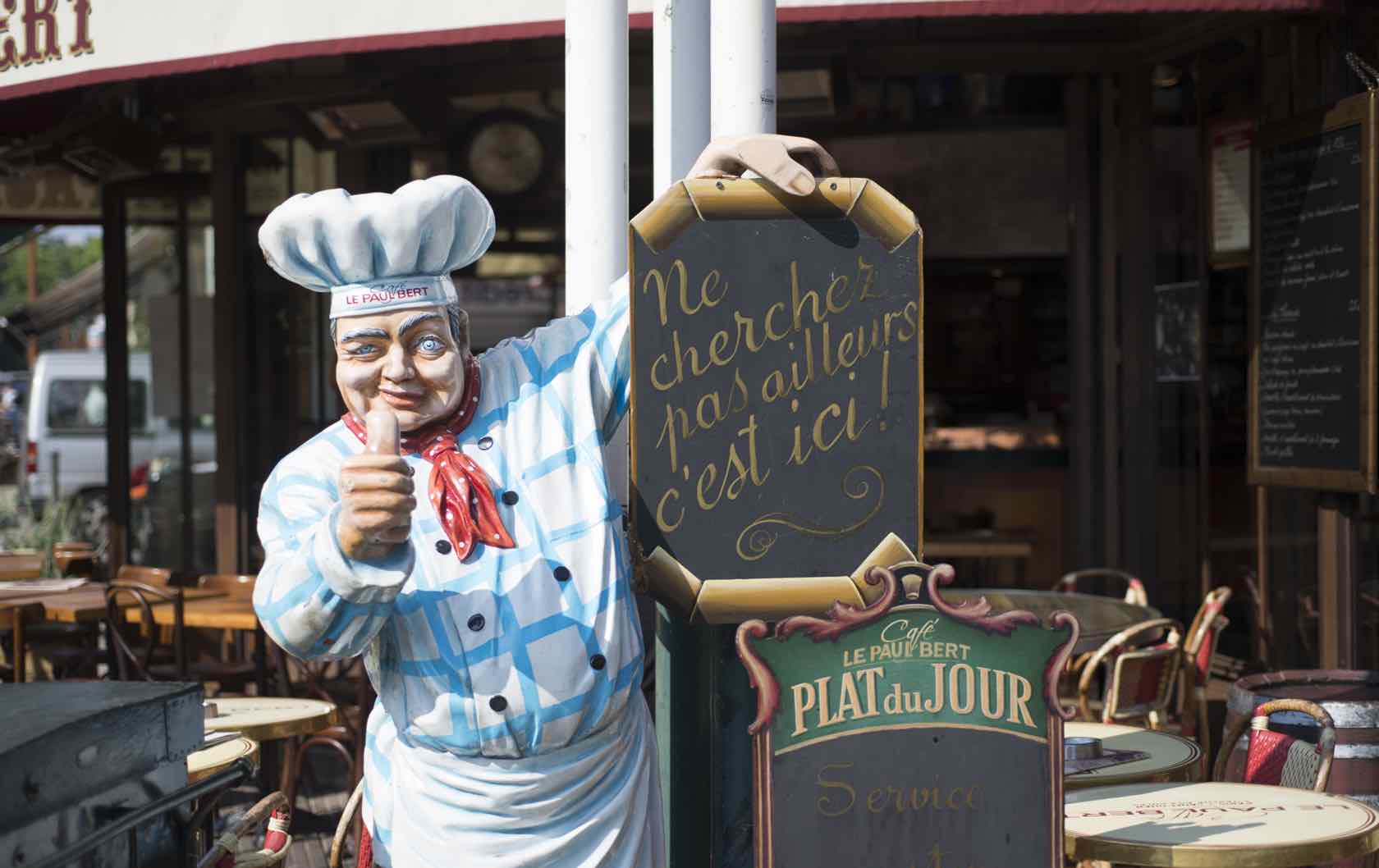
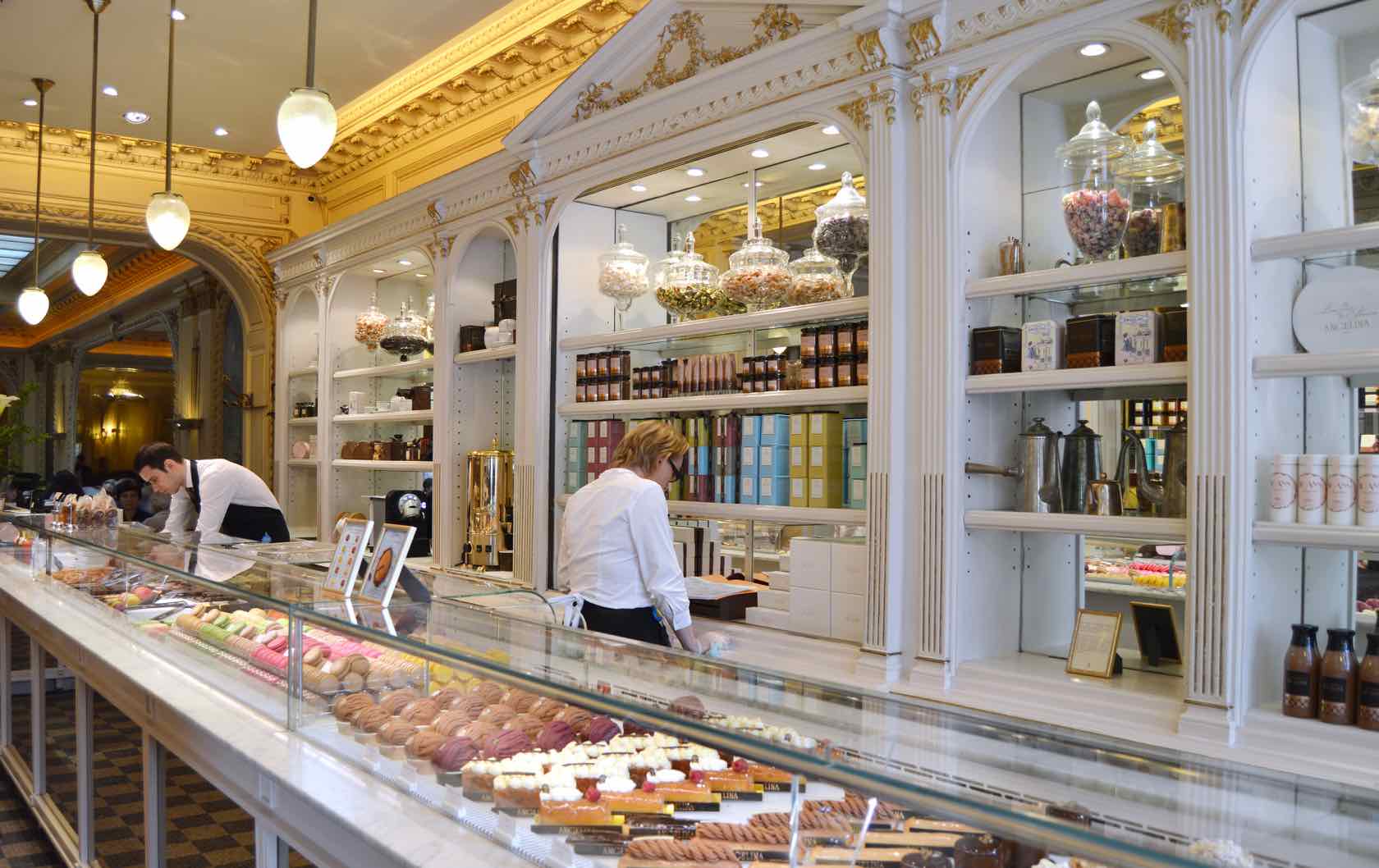
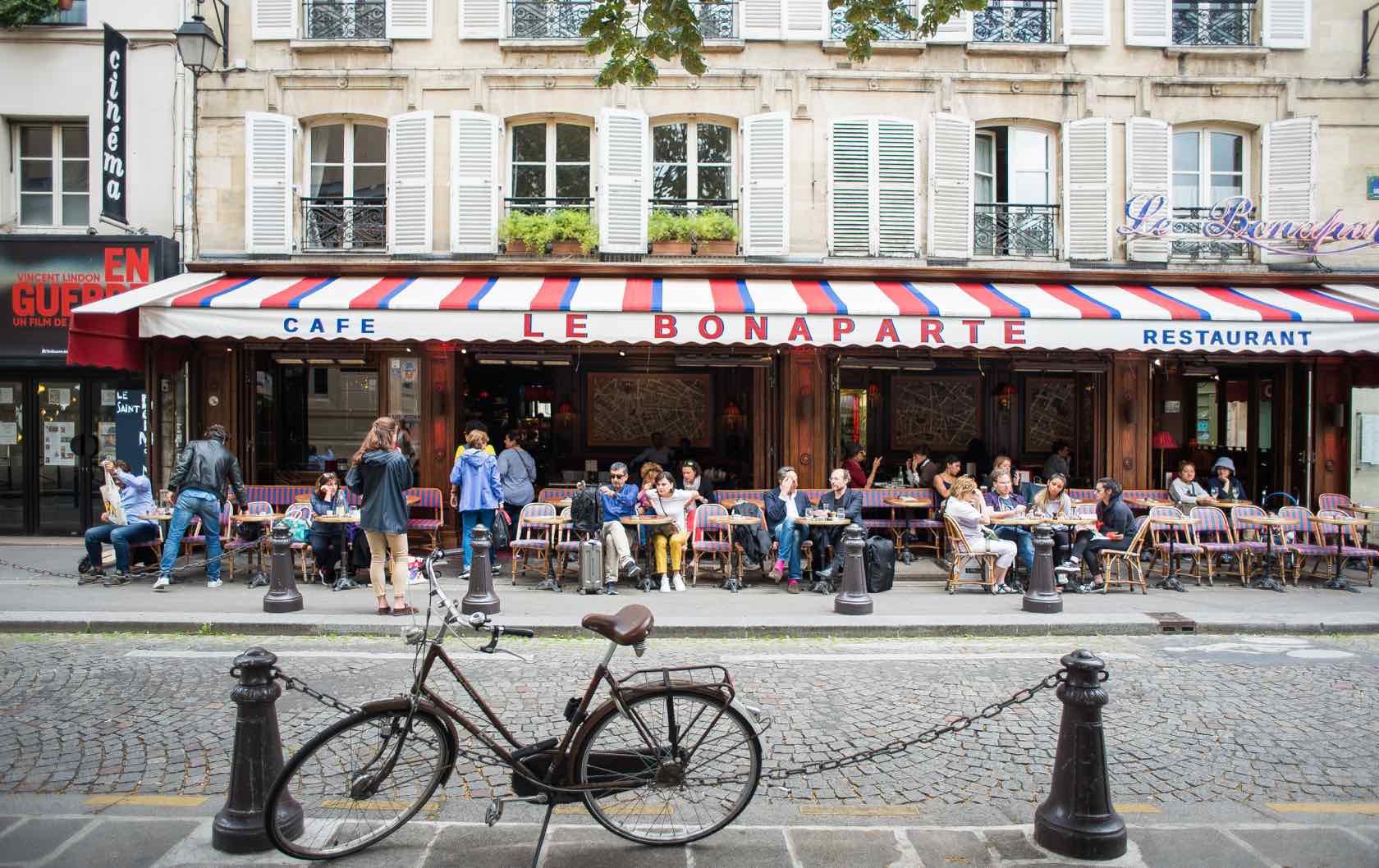
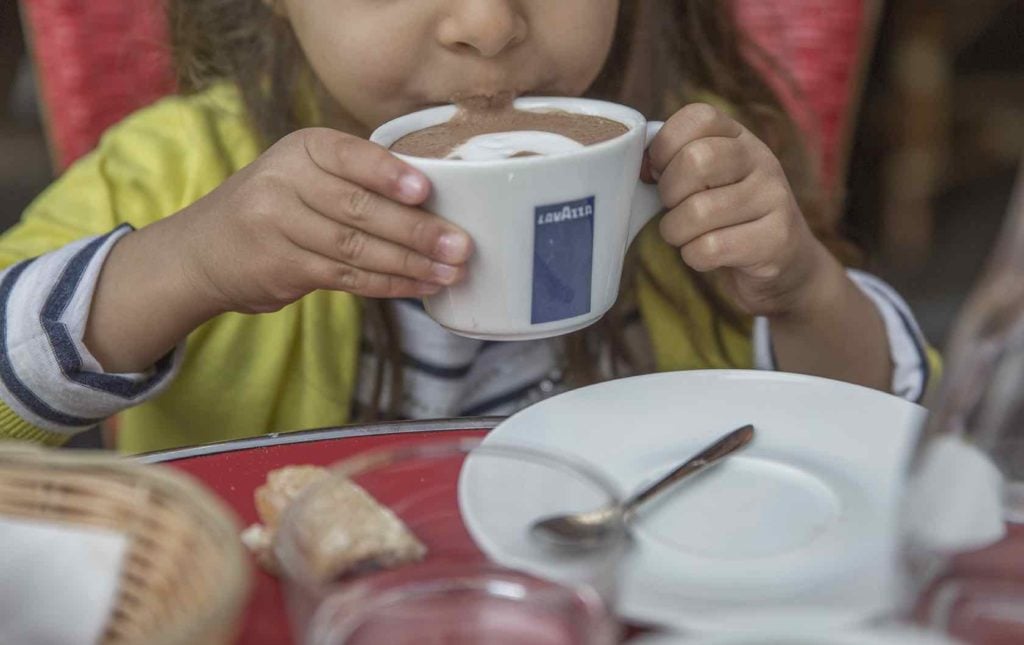
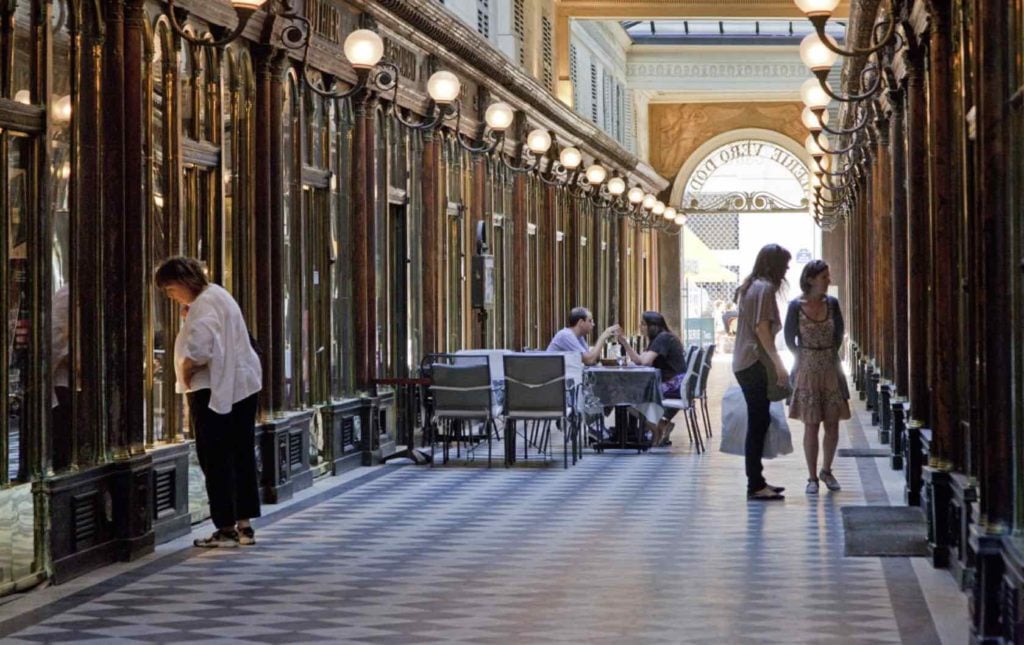
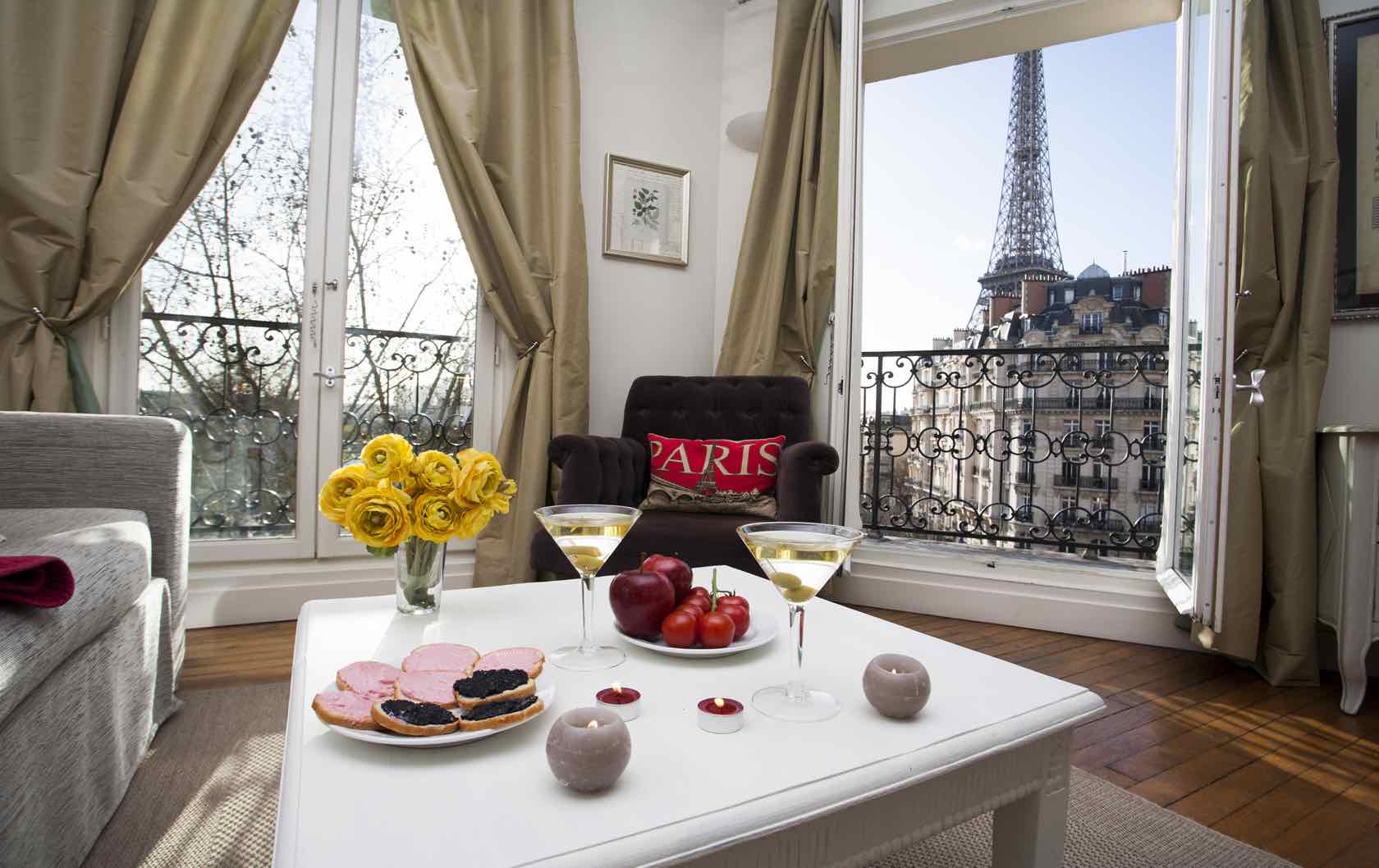

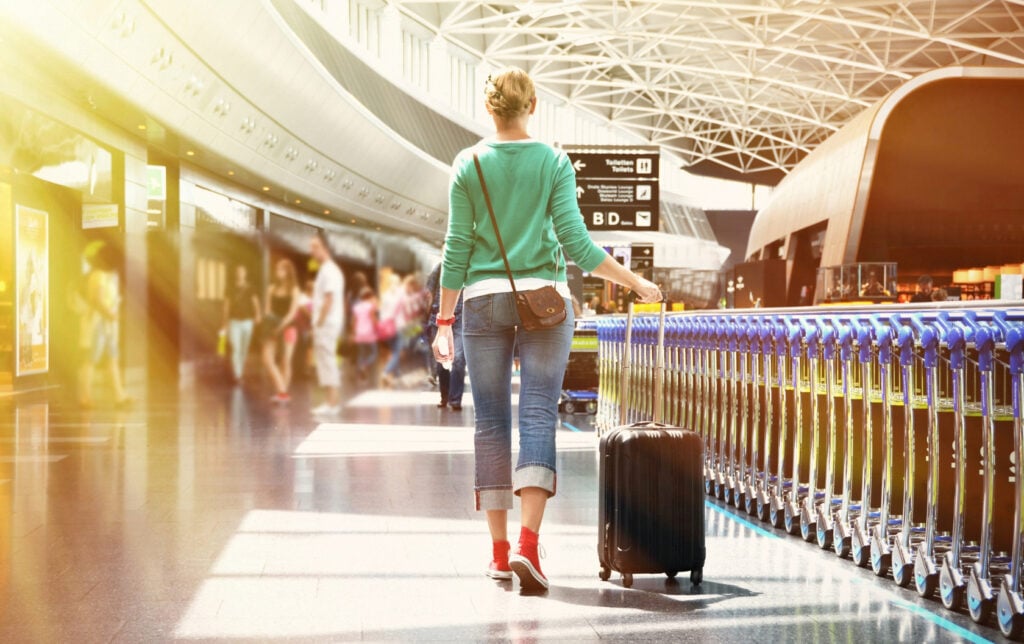



Nice post and thanks for sharing it, keep posting like this.